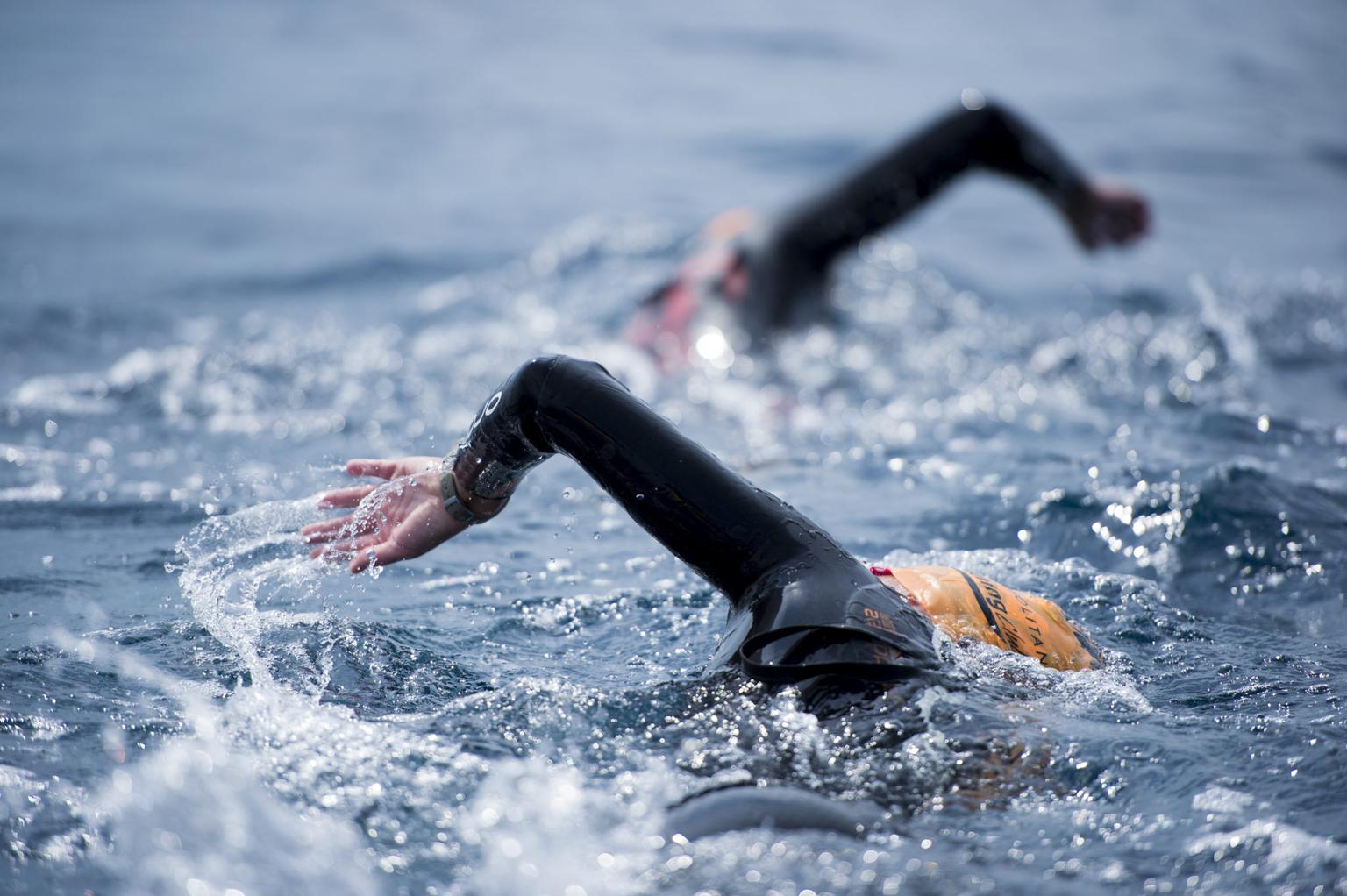

Share
10th January 2023
10:44am GMT

 The study references a woman in her 50s, a keen competitive long distance swimmer and triathlete.
Otherwise fit and well, the woman was struggling to breathe and coughing up blood after taking part in an open water swimming event at night in water temperatures of around 17°C while wearing a wetsuit. Her symptoms started after swimming 300 metres, the study says.
The woman had no medical history of note, but had experienced breathing difficulties during an open water swim a fortnight earlier, which had caused her to abandon the event and left her feeling breathless in the days afterwards.
On arrival at hospital, her heartbeat was rapid, and a chest X-ray revealed pulmonary edema. Further scans revealed that fluid had infiltrated the heart muscle, a sign of strain known as myocardial edema. But she had no structural heart disease.
Her symptoms settled within 2 hours of arrival at hospital and after careful monitoring, she was discharged the following morning.
The authors say it is currently not clear what causes SIPE. They advise swimming at a slower pace in warmer water, with another person and without a tight-fitting wetsuit, as well as avoidance of non-steroidal anti-inflammatories, such as ibuprofen, to minimize the risk.
They have also emphasised that this is just one case, however, and that their aim is to raise awareness about the little-known condition among doctors and swimmers.
Swim Ireland offers more advice on swimming in cold conditions HERE.
Header image via Shutterstock
READ NEXT: One of the world's best restaurants Noma announces 2024 closure
The study references a woman in her 50s, a keen competitive long distance swimmer and triathlete.
Otherwise fit and well, the woman was struggling to breathe and coughing up blood after taking part in an open water swimming event at night in water temperatures of around 17°C while wearing a wetsuit. Her symptoms started after swimming 300 metres, the study says.
The woman had no medical history of note, but had experienced breathing difficulties during an open water swim a fortnight earlier, which had caused her to abandon the event and left her feeling breathless in the days afterwards.
On arrival at hospital, her heartbeat was rapid, and a chest X-ray revealed pulmonary edema. Further scans revealed that fluid had infiltrated the heart muscle, a sign of strain known as myocardial edema. But she had no structural heart disease.
Her symptoms settled within 2 hours of arrival at hospital and after careful monitoring, she was discharged the following morning.
The authors say it is currently not clear what causes SIPE. They advise swimming at a slower pace in warmer water, with another person and without a tight-fitting wetsuit, as well as avoidance of non-steroidal anti-inflammatories, such as ibuprofen, to minimize the risk.
They have also emphasised that this is just one case, however, and that their aim is to raise awareness about the little-known condition among doctors and swimmers.
Swim Ireland offers more advice on swimming in cold conditions HERE.
Header image via Shutterstock
READ NEXT: One of the world's best restaurants Noma announces 2024 closure